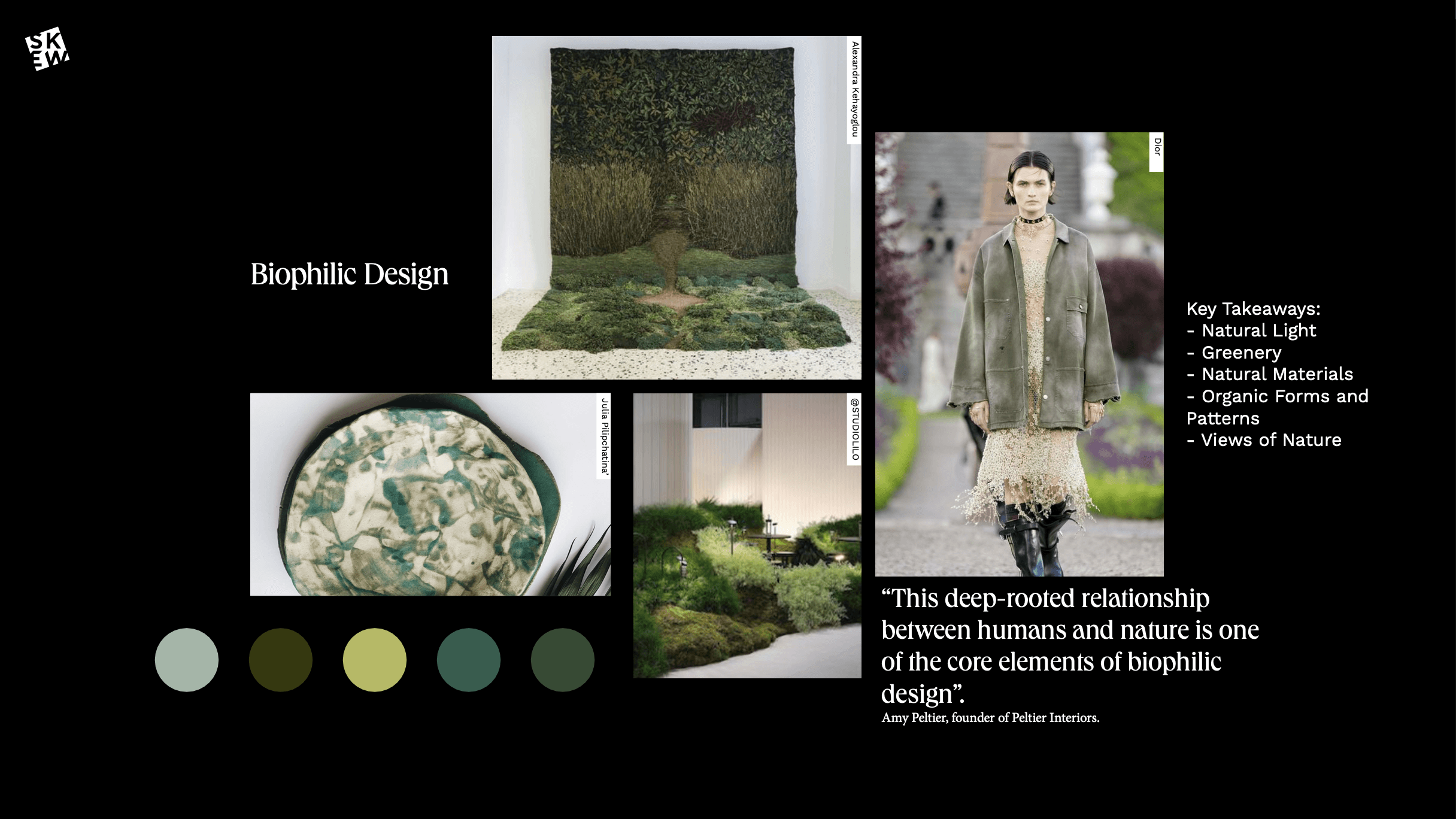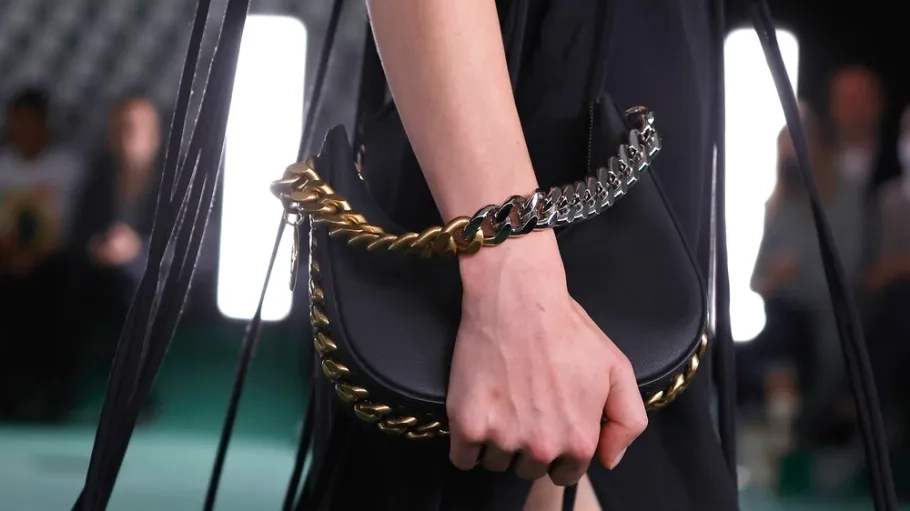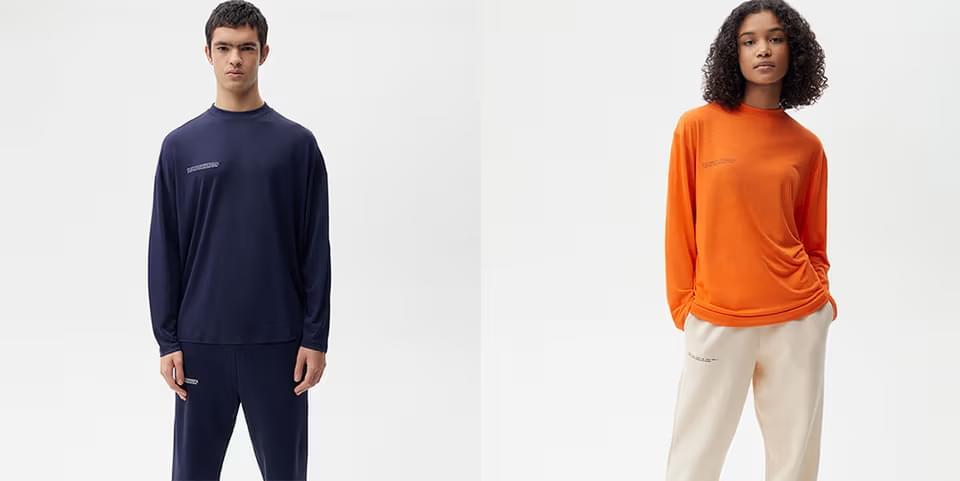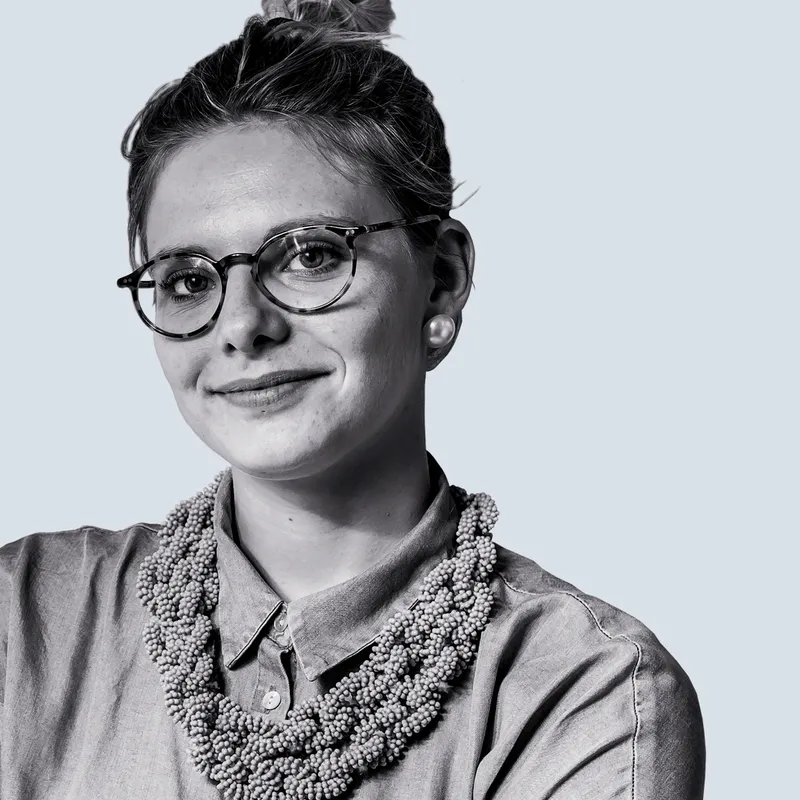Biophilic Design | Skew Trends

TL:DR: Skew's new blog series explores how trends shape brand licensing, starting with biophilic fashion, which integrates nature-inspired designs and sustainable materials.""
Back in the mists of time when Skew was born, introducing trends to licensing and brand extension was not common practice. Logo slapping, even nicely done logo slapping, was the name of the game. Skew was on a mission to change that, to elevate brands beyond unimaginative ‘merch’.
Fast forward to today and trends are embedded in the industry. No agency or designer (worth their salt) would embark on a project without integrating thoroughly researched trends into their creative output. The whole meaning of ‘trending’ has shifted as well. It sometimes feels like everything is trending, everywhere, all at once. Designers now need to apply ‘trends’ in more nuanced ways; taking into consideration global themes, identifying micro vs macro trends and teaming them with comprehensive target audience research that fits the brand or project.
With trends playing such a big role in our research, we're kicking off a series of blog posts exploring some of the most exciting and impactful ones shaping the world of design today. Each post will unpack a specific trend, its relevance to the industry, and how brands can use it to connect with their audiences more meaningfully. First up: biophilic design in fashion—a trend that’s as much about reconnecting with nature as it is about reshaping how we create and consume.
Biophilic design started as a term in architecture and interiors but we’re seeing the phrase used more and more frequently in apparel. While botanical and floral prints have long been a wardrobe staple, biophilic fashion takes inspiration from nature to a deeper level. This trend integrates natural forms, materials, and sustainable practices into the very essence of clothing design, creating pieces that are not only beautiful but environmentally responsible. From algae-based fabrics to garments mimicking the organic forms of leaves and coral, biophilic fashion is where sustainability meets innovation.
Who is Biophilic Fashion For?
Biophilic fashion resonates with several customer demographics:
Eco-Conscious Consumers
Shoppers who prioritise sustainability and seek products with minimal environmental impact. These individuals are likely to value transparency in sourcing, production, and disposal.
Key Traits: Millennials and Gen Z are at the forefront, they are more likely to report a desire for ethical fashion and say they would pay more for products with sustainability credentials.
Luxury and Avant-Garde Enthusiasts
High-net-worth individuals and trendsetters drawn to unique, nature-inspired designs and innovative materials, such as Stella McCartney’s mushroom leather or Iris van Herpen’s coral reef-inspired couture.
Key Traits: Early adopters of innovation, collectors of high-end with a higher disposable income.

Wellness and Lifestyle Seekers
Consumers who align their purchases with a holistic lifestyle focused on harmony with nature. They view biophilic design as an extension of their wellness routines. In a recent study by McKinsey, Millennials and Gen Z age demographics are more likely to spend on wellness and health than older generations.
Key Traits: Individuals interested in mindfulness, nature therapy, and sustainable living.
Outdoor and Adventure Enthusiasts
Biophilic clothing appeals to those who spend time in nature and prefer functional, eco-friendly attire like Vollebak’s algae-based T-shirts or Pangaia’s moisture-wicking C-Fiber garments.
Key Traits: Active individuals who prioritise durability, comfort, and sustainability.

A Changing Landscape: The Challenges Facing Sustainability in Fashion
While the appeal of biophilic design and sustainability remains strong among niche and dedicated consumer groups, recent industry trends reveal significant challenges that cannot be ignored.
According to The State of Fashion 2025 report by BoF and McKinsey, sustainability is losing prominence as a priority in the global fashion industry:
Sustainability Falling Off the Agenda: In 2025, only 18% of fashion executives see sustainability as a top-three risk for growth, a steep decline from 29% in 2024. This shift suggests that even as consumers champion eco-friendly practices, industry leaders may deprioritise such initiatives in the face of economic pressures.
Economic Uncertainty: A lack of consumer confidence and reduced appetite for discretionary spending—cited by 70% of fashion executives as the biggest concern for 2025—suggests that sustainability initiatives, including biophilic fashion, may face challenges in gaining mass-market traction.
Global Industry Stagnation: With 80% of executives predicting no improvement in the global fashion industry, the focus may shift from innovation to short-term survival, potentially slowing progress on nature-inspired and sustainable designs.
The Way Forward: Balancing Creativity and Practicality
Despite these challenges, biophilic fashion remains a compelling opportunity for brands willing to target specific, sustainability-conscious markets. Luxury and avant-garde designers, in particular, have the creative freedom to experiment without relying on mass-market acceptance. Meanwhile, aligning with wellness and outdoor sectors could help biophilic brands maintain relevance in turbulent economic times.
For the wider industry, the question lies in how to integrate biophilic principles alongside practical solutions that address consumer spending constraints and shifting priorities.
Something Skew
Want to dive deeper into how trends like biophilic design can elevate your brand and licensing strategy? Our Insight & Strategy Services are designed to help you align cutting-edge trends with your brand's unique DNA. Get in touch with us today to start a conversation about transforming your creative output into something extraordinary.
Also, don't miss out on Skew Haul: The London Retail Masterclass for Licensing Professionals taking place on the 16th January 2025. Join us for an exclusive event exploring the latest trends in retail and licensing innovation. Spaces are very limited, secure your spot today.






